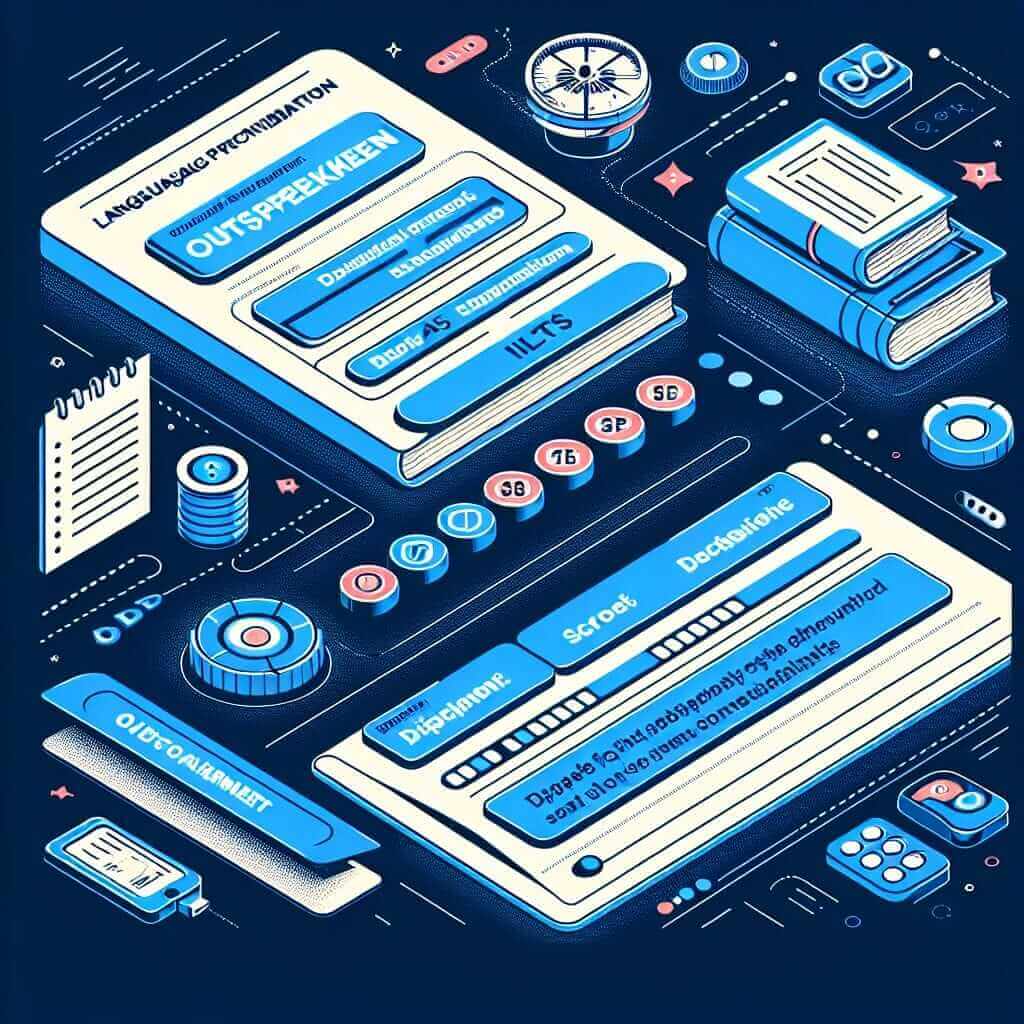As an IELTS instructor with over 20 years of experience, I often encounter students who struggle with the IELTS Reading section. One common challenge is tackling complex passages with unfamiliar vocabulary and intricate arguments. This difficulty often arises with topics related to urban planning, transportation, and environmental policies – areas frequently featured in IELTS Reading materials.
Nội dung bài viết
This article delves into a question frequently debated in urban planning: “Does charging motorists more actually work?” We will analyze this question within the context of IELTS Reading, exploring its potential to appear in the exam and providing strategies to effectively approach such passages.
Understanding the Topic and Its Relevance to IELTS
The effectiveness of congestion charging and similar policies aimed at reducing traffic congestion is a hot topic globally. It frequently surfaces in academic journals, news articles, and policy debates, making it prime material for the IELTS Reading section.
Why is this topic relevant to IELTS? The IELTS exam assesses your ability to comprehend complex texts and extract key information. Passages about traffic management policies often involve:
- Specialized vocabulary: Expect terms like “congestion pricing,” “toll roads,” “park-and-ride schemes,” and “modal shift.”
- Cause-and-effect analysis: You’ll need to understand the intended and unintended consequences of charging motorists more.
- Evaluating different perspectives: Passages may present arguments for and against such policies, requiring you to analyze and compare viewpoints.
 Traffic Congestion in City Center
Traffic Congestion in City Center
How to Approach IELTS Reading Passages on This Topic
Here’s a strategic approach to effectively tackle IELTS Reading passages about charging motorists:
-
Pre-reading Skimming: Quickly skim the passage for headings, subheadings, and any visual aids like graphs or charts. This helps you grasp the overall structure and main points.
-
Vocabulary Focus: Pay close attention to unfamiliar words, especially those related to traffic and urban planning. Try to infer their meaning from the context.
-
Identify Key Arguments: Look for phrases that signal different perspectives, such as “on the one hand,” “however,” or “proponents argue.” Understanding the contrasting viewpoints is crucial.
-
Focus on Facts and Evidence: Authors often support their claims with statistics, research findings, or case studies. Pay close attention to these details as they hold the key to answering specific questions.
-
Practice Active Reading: Engage with the text by highlighting key information, jotting down brief notes, or summarizing paragraphs in your own words.
Example: Analyzing a Potential IELTS Reading Passage
Imagine an IELTS Reading passage titled “Congestion Charging: A Solution or a Burden?”
- Paragraph 1: Introduces the concept of congestion charging and its goals.
- Paragraph 2: Presents arguments in favor of congestion charging, such as reducing traffic, promoting public transport use, and funding infrastructure improvements.
- Paragraph 3: Outlines criticisms of congestion charging, including its potential to disproportionately impact low-income drivers and shift traffic to other areas.
- Paragraph 4: Provides examples of cities that have implemented congestion charging and the observed outcomes.
Questions following this passage might ask you to:
- Identify the author’s main purpose in writing the passage.
- List the advantages and disadvantages of congestion charging.
- Explain how congestion charging might affect different groups of people.
- Determine whether the author supports or opposes congestion charging.
Tips to Excel in IELTS Reading
- Read Widely: Familiarize yourself with a variety of English texts, including newspaper articles, magazine features, and academic journals.
- Expand Your Vocabulary: Make a habit of learning new words and their different meanings. Use flashcards, vocabulary apps, or online resources.
- Practice Time Management: Develop strategies to answer questions efficiently within the time limit.
- Review Past Papers: Analyze past IELTS Reading passages and questions to understand the exam format and question types.
Conclusion
Remember, success in the IELTS Reading section hinges on your ability to comprehend complex information within a limited time. By familiarizing yourself with common themes like urban planning and practicing effective reading strategies, you can confidently tackle challenging passages and achieve your desired IELTS score.


